Background
Facts:
(m + n) C n = (m + n)! / (n! m!) = (1 / n!) * ((m + n)! / m!)
Looking at the code:
Line 1: den_prod=den_prod*each represents (1 / n!)
Line 2: num_prod=num_prod*(hi+each) represents a reduced form of ((m + n)! / m!).
Solution
The key ideas are to use modular exponentiation in the for loop, then applying the divide modulo operation on the results. The divide operation turns into a multiplication of a modulo and a modular inverse. Finally, to calculate the modulo inverse we use Euler's Theorem.
def mod_inv (a, b):
return pow(a, b - 2, b)
mod_val=10**9+7
current=[int(x) for x in raw_input().strip().split()]
m=current[0]-1
n=current[1]-1
hi,lo=max(m,n),min(m,n)
num_prod=1
den_prod=1
for each in xrange(1,lo+1):
den_prod = (den_prod*each) % mod_val
num_prod = (num_prod*(hi+each)) % mod_val
print (num_prod * mod_inv(den_prod, mod_val)) % mod_val
Performance
I timed 3 different solutions to the problem. Timing 5000 combinations: (5000 C n) where n goes from 0 to 4999.
Code 1: The solution above
def mod_inv (a, b):
return pow(a, b - 2, b)
mod_val=10**9+7
hi = 5000
for lo in range(0, hi-1):
# Code 1
num_prod=1
den_prod=1
for each in xrange(1,lo+1):
den_prod = (den_prod*each) % mod_val
num_prod = (num_prod*(hi+each)) % mod_val
output = (num_prod * mod_inv(den_prod, mod_val)) % mod_val
# print output
Timing 1:
real 0m3.607s
user 0m3.594s
sys 0m0.011s
Code 2: The solution you presented
mod_val=10**9+7
hi = 5000
for lo in range(0, hi-1):
# Code 2
test1 = 1
test2 = 1
for each in xrange(1,lo+1):
test1 = (test1*each)
test2 = (test2*(hi+each))
test_output = (test2 / test1) % mod_val
# print test_output
Timing 2:
real 0m25.377s
user 0m25.337s
sys 0m0.027s
Code 3: scipy solution
from scipy.misc import comb
hi = 5000
for lo in range(0, hi-1):
# Code 3
c = comb(hi+lo, lo, exact=True)
# print c
Timing 3:
real 0m36.700s
user 0m36.639s
sys 0m0.048s
API for Large Inputs - Lucas Theorem
def mod_inv (a, b):
return pow(a, b - 2, b)
def small_nCr (n, r, mod):
hi = max(r, (n - r))
lo = min(r, (n - r))
num_prod=1
den_prod=1
for each in range (1, lo + 1):
den_prod = (den_prod * each) % mod
num_prod = (num_prod * (hi + each)) % mod
small_c = (num_prod * mod_inv (den_prod, mod)) % mod
return small_c
def lucas (n, r, mod):
c = 1
while (n > 0 or r > 0):
ni = n % mod
ri = r % mod
if (ri > ni):
return 0
c = c * small_nCr (ni, ri, mod)
n = n / mod
r = r / mod
return c
def nCr (n, r, mod):
return lucas (n, r, mod) % mod
Note: If the modulo value is not prime, you can apply the Chinese Remainder Theorem.
Sources:
Modulo properties
Modulo exponentiation
Modular multiplicative inverse function - usage of pow
Lucas Theorem
